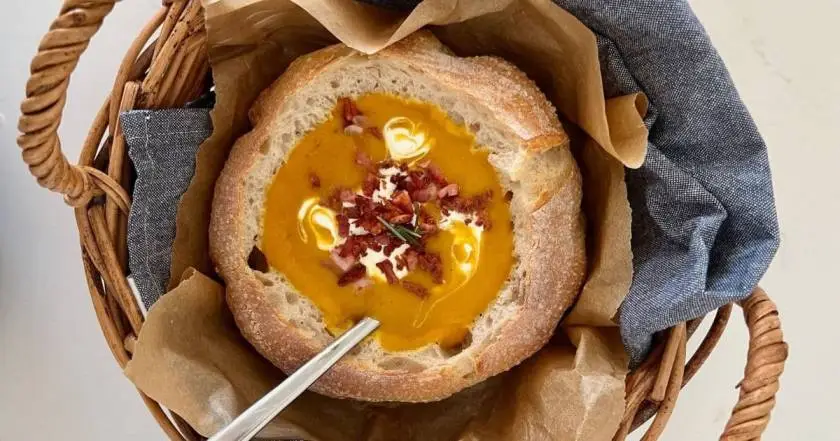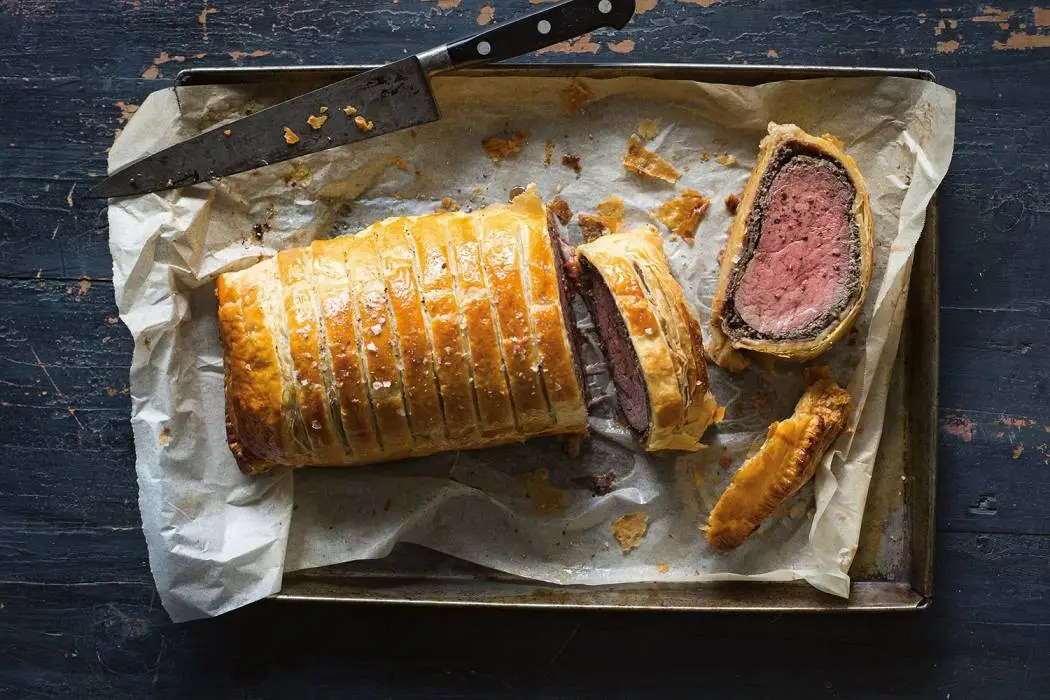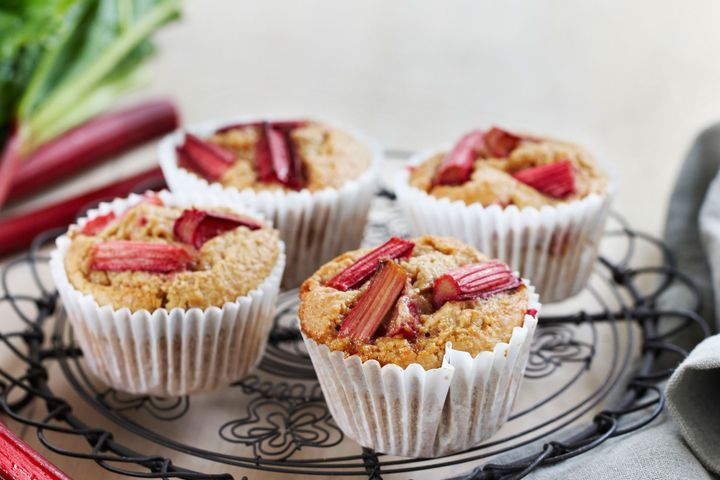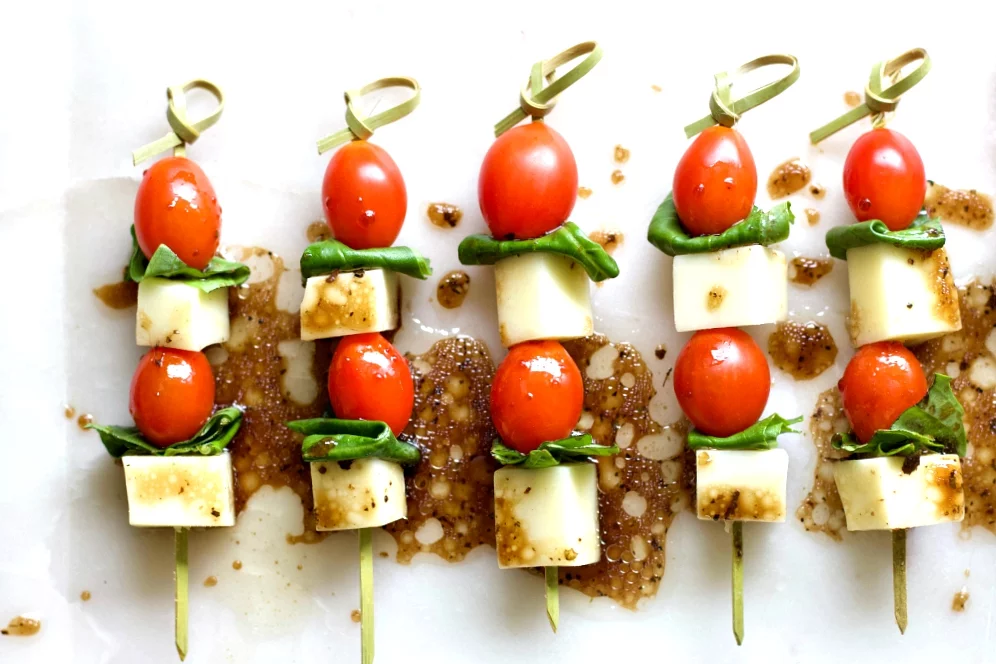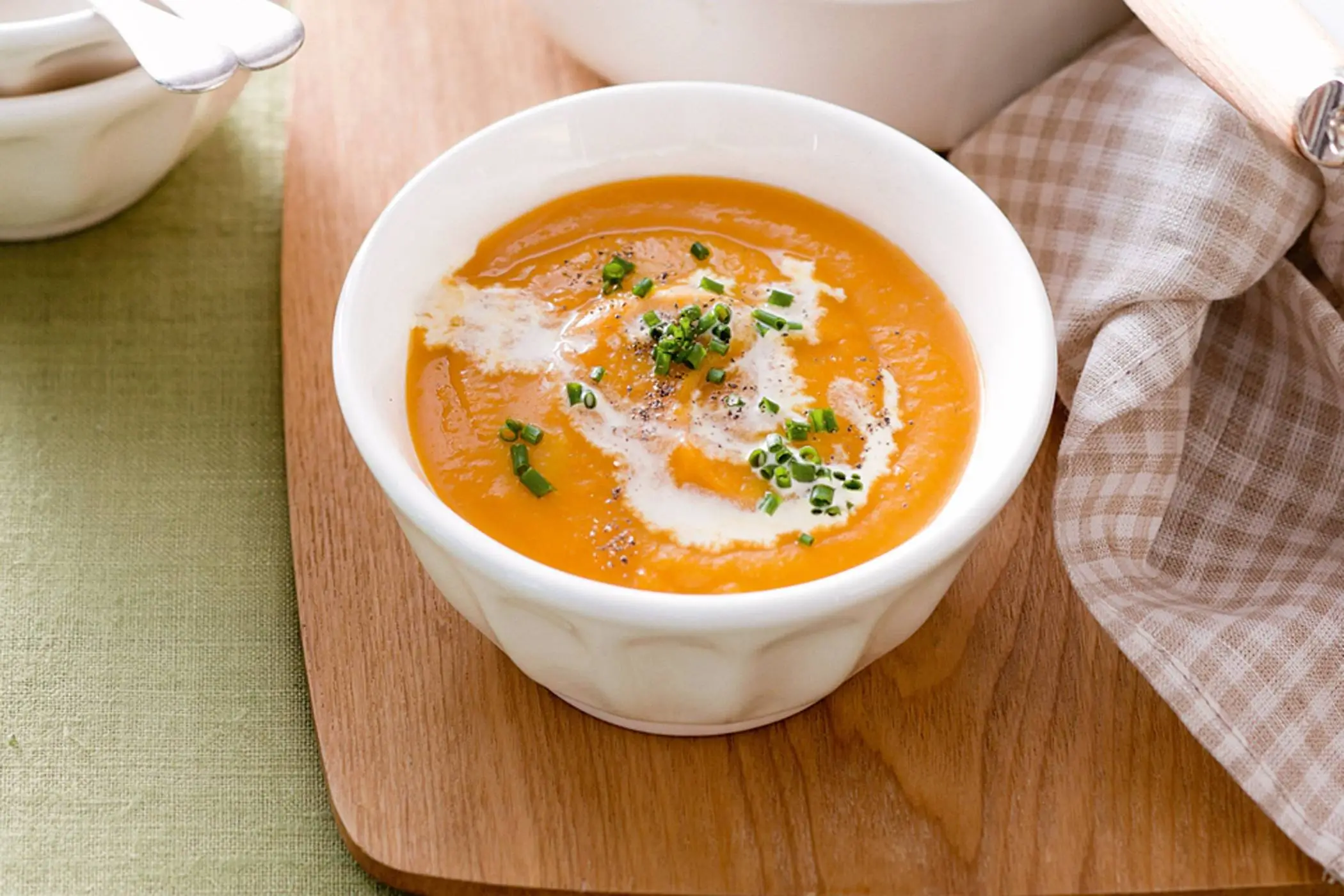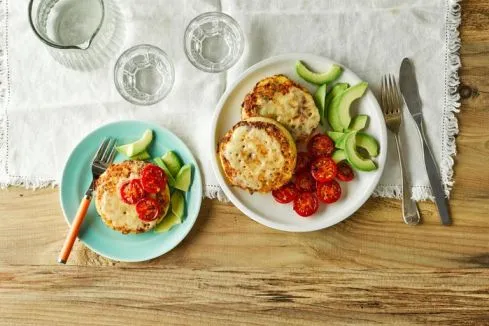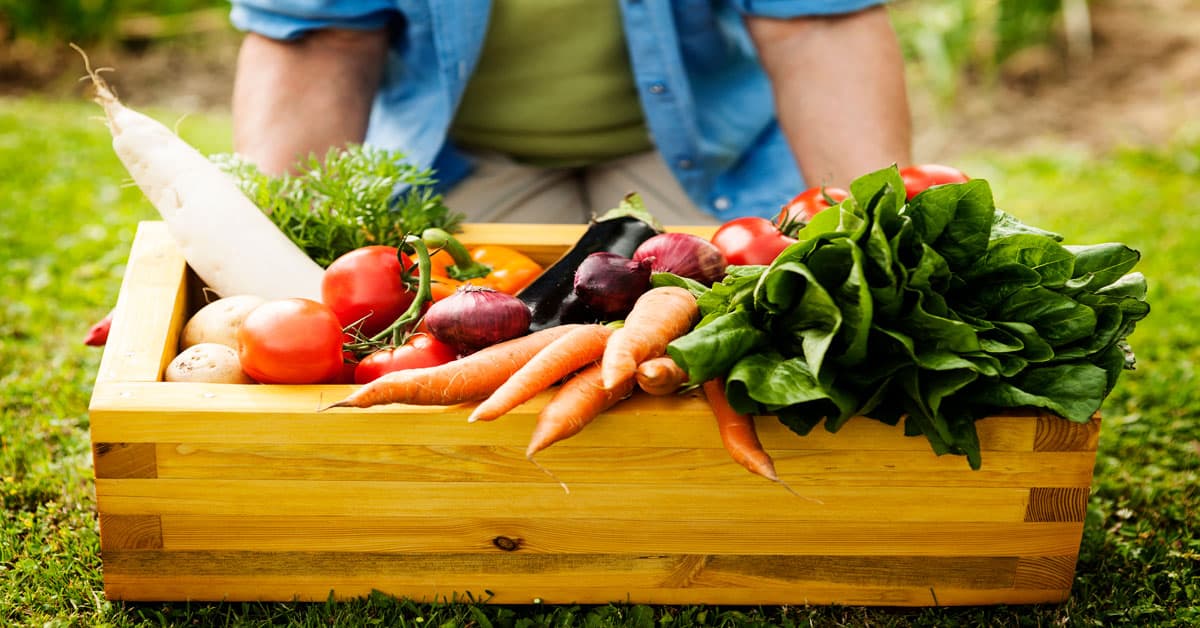Organic food, ecological food or organic food is food and beverages that have been produced using methods that meet the standards of organic farming. Standards vary around the world, but organic farming is characterized by practices that recycle resources, promote ecological balance and preserve biodiversity. Organic foods are foods that have been grown without the use of artificial chemicals, pesticides, hormones, and other unnatural substances. Organic foods are completely free of preservatives, sweeteners and artificial substances that alter the natural state of foods.
These foods are much more nutritious and safe to eat than conventionally grown foods because they are grown in controlled environments using all-natural methods.
What is Organic Food?

Growing your food is a huge money saver and it's also easy to do! Seeds cost almost nothing to buy and most vegetables need very little space to grow! In fact, you can grow the most in tiny pots that take up very little space in your home.
You'll find that expensive vegetables and herbs at the farmer's market can be grown and enjoyed at home with little effort! And since you grew them yourself, you can rest assured that no inorganic or hazardous substances are used in the growth.
Although the use of pots is recommended, the seeds can be planted almost anywhere. For seeds that will grow into small herbs or smaller plants, you can use locations like a window sill or just about anywhere that has good access to sunlight.
Buy In Season Produce:
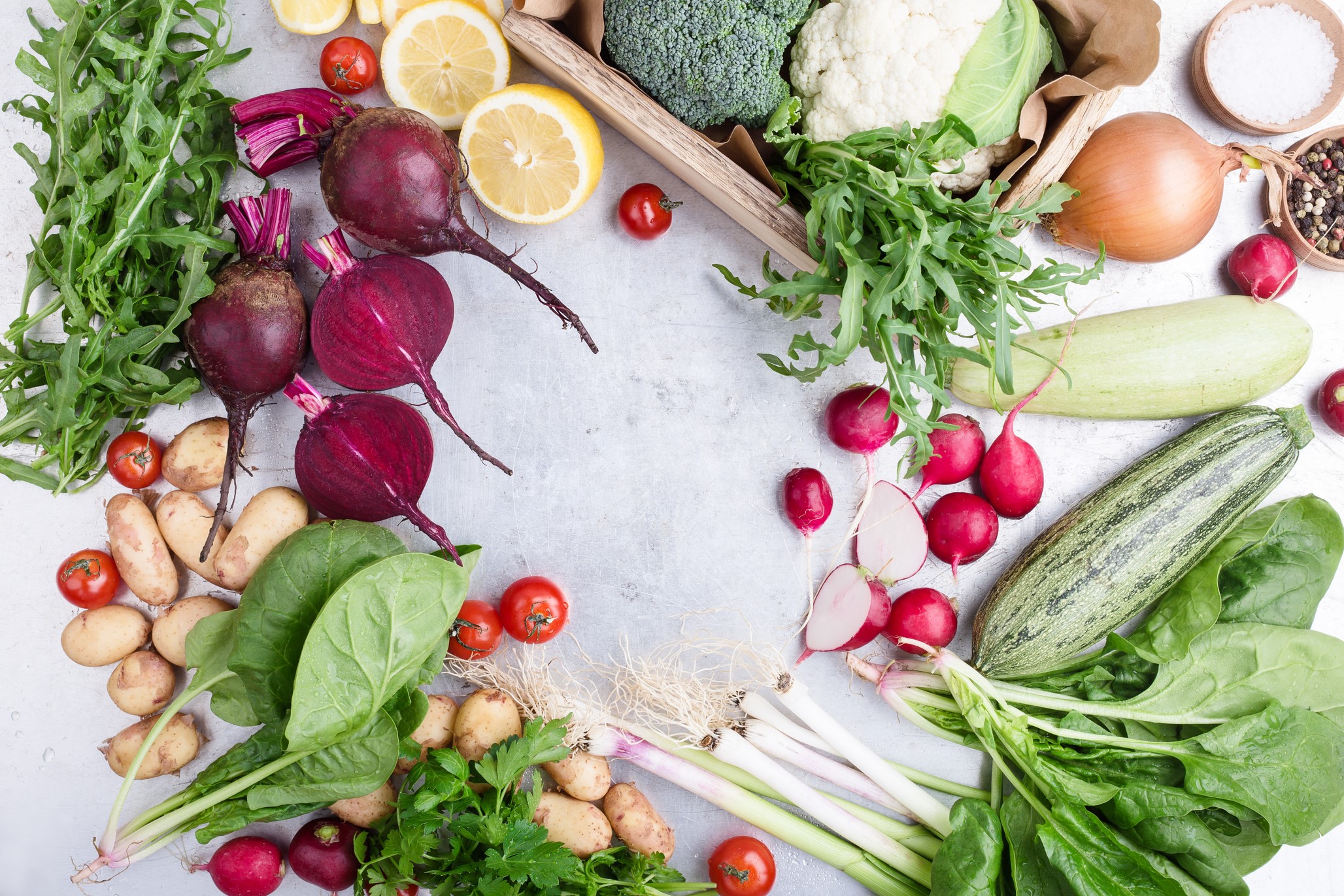
Seasonal products are generally much cheaper than out-of-season products. This is because it is much more readily available and more in stock.
Out of season produce is usually much more expensive and often not fresh either, so buy it only when it's in season, in the summer, no matter how badly you want those mangoes!
Stop Wasting Food:
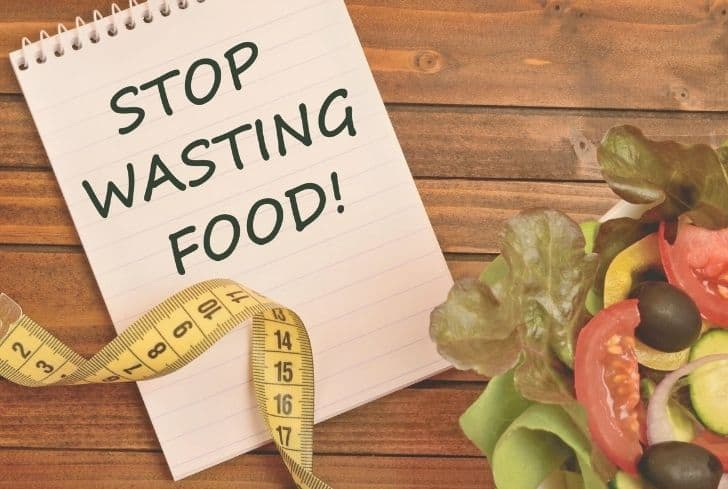
People waste tons of food every day! Whenever we see food going bad or we don't want to eat a certain food, we throw it away. This practice is an incredible waste, not only in terms of organic food, but also ethically.
To fix this, make sure you don't buy new foods until you've completely used up all the foods that were previously available to you. This way you don't end up piling up more food that you don't need and you're much less likely to end up throwing away old unused food.
When buying new things, make sure you only buy the amount you need. Buying too much food, whether organic or conventional, is one of the main causes of food waste.
Be sure to store your food so it stays fresh for as long as possible. For example, store foods in the fridge on the hottest days to prevent them from spoiling so easily.
Ways to Stop Wasting Food:
Plan your meals:
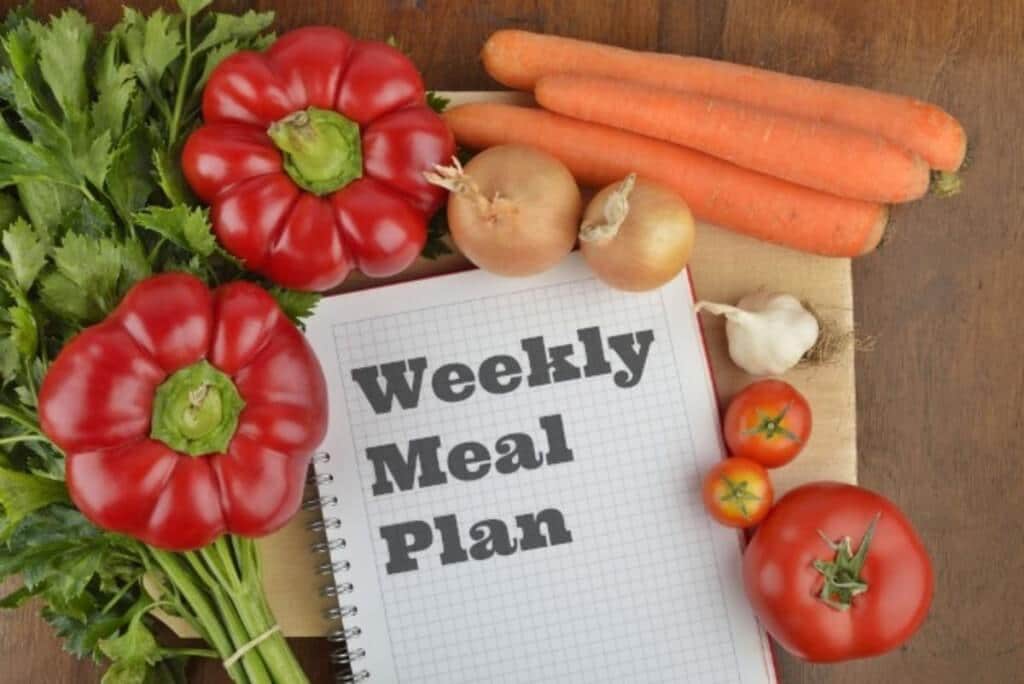
By planning meals, consciously go to the grocery history and prevent over-shopping. It's even better if you can plan meals and grocery shopping with food storage in mind. For example, let's say I buy a package of chicken breast that contains five pieces. I freeze two and plan on making three different chicken recipes during the week. (I don't recommend eating the same recipe every night of the week - I tried it with borscht once and let me tell you, it didn't go well!).
Use a specific grocery list:
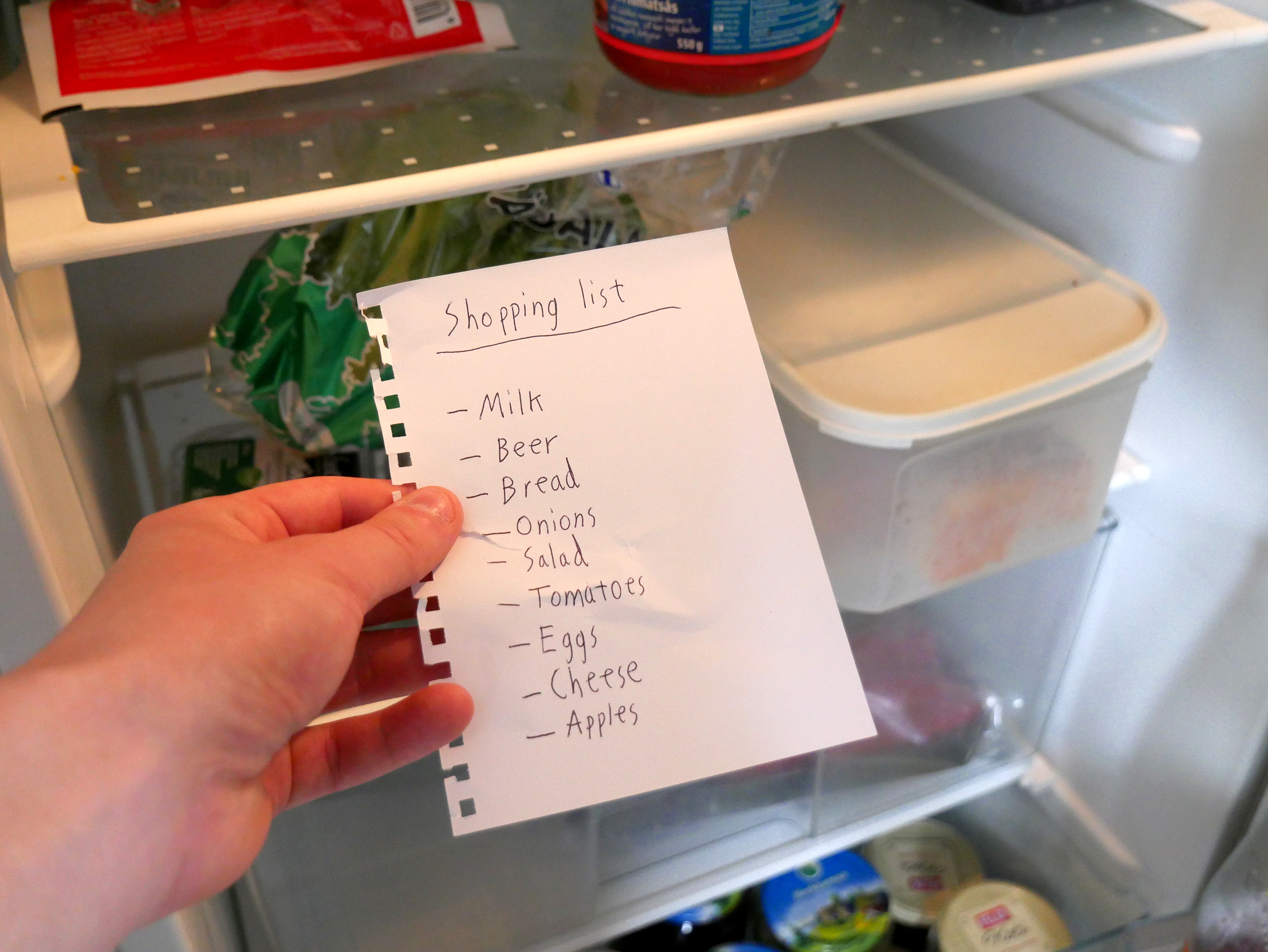
By shopping from a grocery list, you're less likely to buy things you don't need (and of course, you're less likely to forget the things you need!). But go one step further and make your list very specific. If my recipe calls for two courgettes, I write "2 courgettes" and buy the individual products instead of packaged fruit and vegetables.
Know your measurements:

Check your recipes before you leave the house and make the necessary conversions so you know exactly how much to buy. If your recipe calls for 5 cups of vegetable broth, do a simple conversion and you'll find its 40 ounces. Mark the converted amount on your shopping list so that you don't buy too much or too little of what you need.
Shop from bulk bins:

Instead of buying packaged grains, pastas, nuts and spices, shop in bulk bins and buy only what you need. Whole and natural food stores typically have expansive storage bins with more offerings than other aisles. Although I love the convenience of packaged salads, I've found that I'm rarely able to finish an entire package of lettuce, so I buy loose lettuce or spinach instead.
Cook only what you will eat:
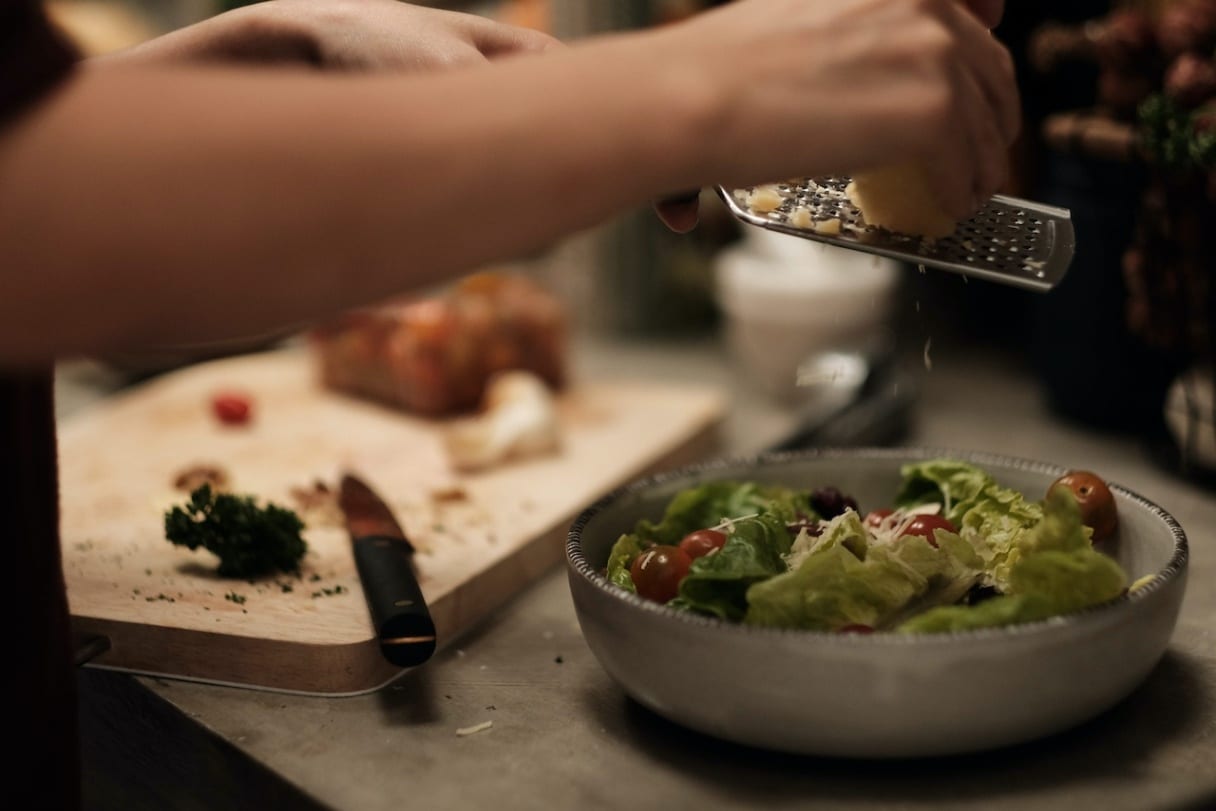
If the recipe you want to make includes six people, divide all the ingredients needed to make two servings by three. So eat it tomorrow for dinner and lunch. Never cook more than you know you can eat. Even if you're making something as simple as couscous, measure exactly what you're going to eat and leave the rest in the pantry so it doesn't go to waste. Pro tip: Get a spaghetti measuring tool, which will show you exactly how much pasta you need per serving; its life changing. Use this portion planner to take the guesswork out of how much fruit, veg and meat.
Become a freezing master:
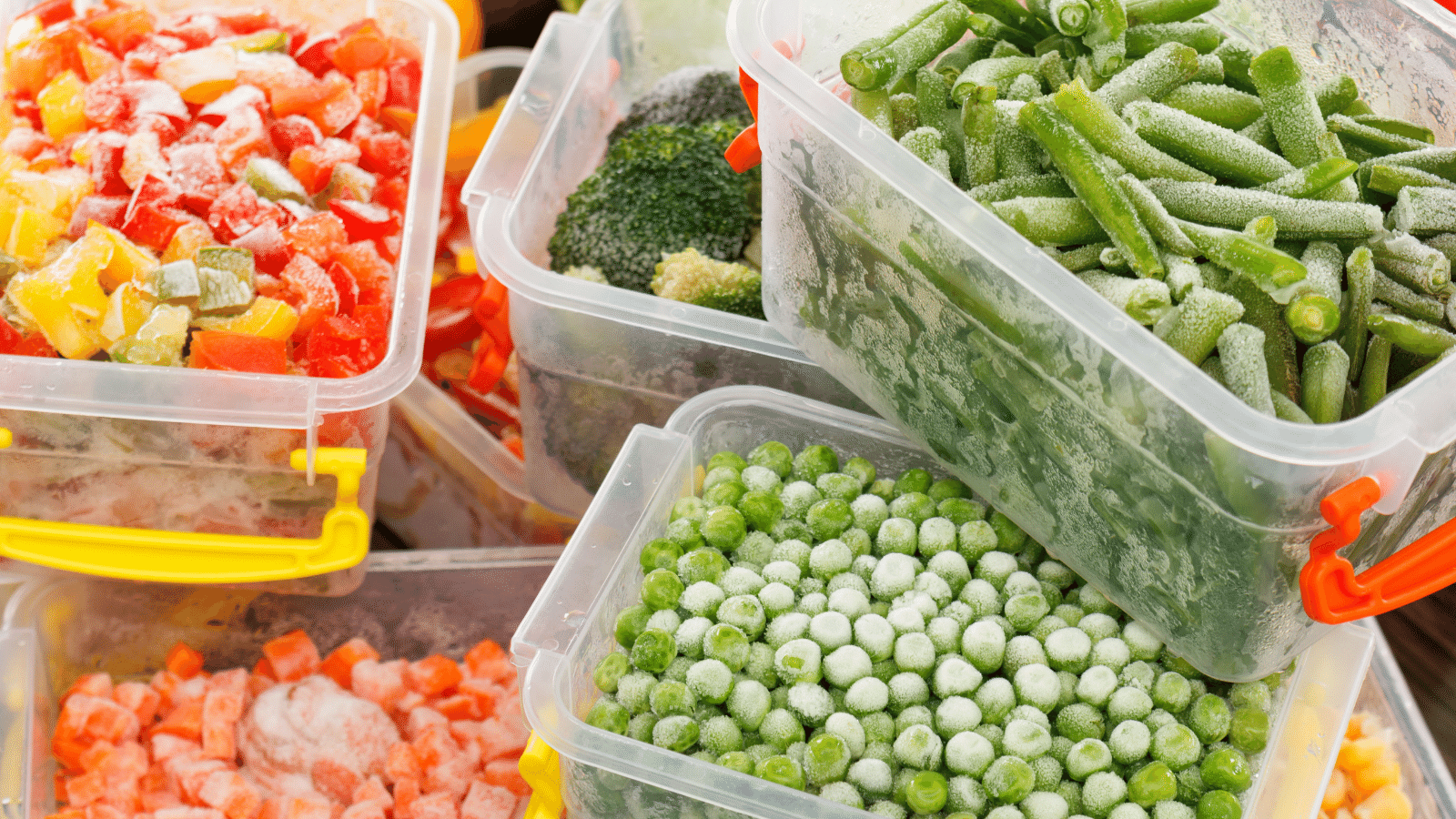
Learning to freeze food has had the biggest impact on my food waste, and my freezer has truly become my best friend. But that requires mindfulness. First, it's important to wrap and seal your frozen foods well so they don't get freezer burn or leaks, etc. I also label all my containers with the food type, freezing date and reheating instructions.
Instead of freezing my leftovers, whether it's soup, casserole or whatever, I measure and freeze them in "one girl only" portions. A single serving of frozen soup can be tossed straight into a pot and reheated for a few minutes, and voila: lunch!
I'm slightly addicted to acai bowls, which I make with bananas and berries, but I've found that when I buy my berries early in the week, they tend to spoil before I can finish them. To avoid this, I make individual freezer packs with just what I need for a single bowl: half a banana, about six strawberries, and a handful of blueberries. Also, as an individual, I can never eat a whole loaf before it spoils, so I freeze half a loaf and thaw it once I've finished the first half.
Know Where to Shop From:

If you buy organic food in a supermarket, you will undoubtedly get low quality food that is way overpriced. That's exactly how the supermarket business model works, they don't have time to carefully choose organic food from trusted sources for a niche market. Therefore, you need to make sure that you only buy from designated shops that only sell organic produce or farmers' markets.
Farmers' markets will certainly give you the freshest produce available as they have grown and supervised everything themselves, but buying at a farmer's market will be slightly more expensive than shops as low-income farmers have a higher profit margin.
By shopping in organic stores, you will find all your organic needs under one roof. You will find a wide range of organic products sold at very reasonable prices. The only downside is that they may not be as high quality as those purchased at a farmers market.
We hope these tips will help you find cheaper and better quality organic products for your consumption. Eating organic on a budget isn't easy, but I hope this article makes it easier for you!
